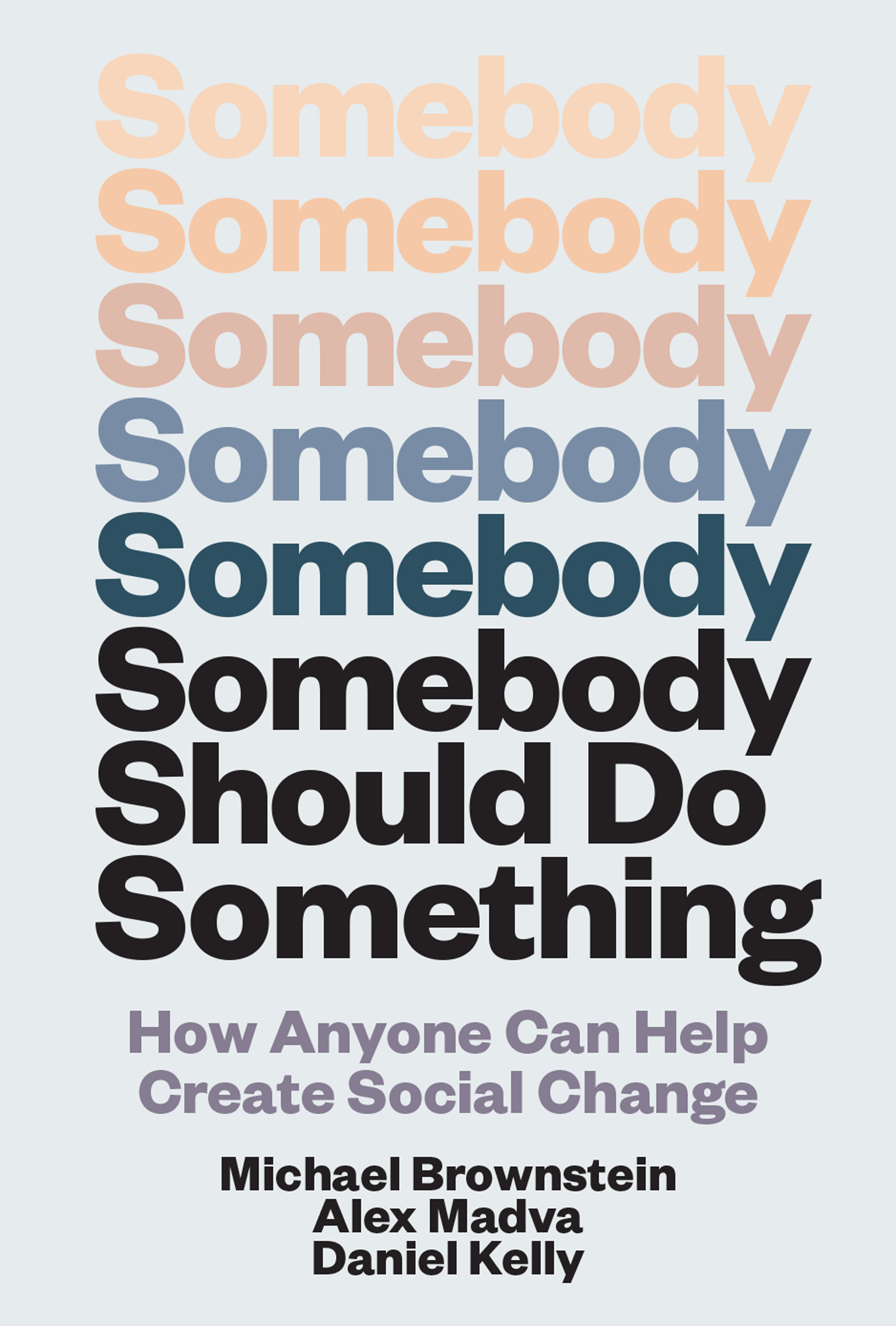A book about how we can create structural change through personal action, arguing that the two are not opposing forces.
The emphasis on individual action has been long abused by corporate interests to blame consumers for climate change and turn attention away from government policy that might limit their profits. I appreciated that the writers addressed this because otherwise it could have easily turned into another book about making ethical personal choices, that don't truly create change because they can't be replicated at scale.
I think a lot of people are tired of having their consumer habits moralized at this point - eg. "why am I being told to use a plastic straw when some musician flies across the world in a private jet to beat traffic".
The "carbon footprint" concept was popularised by the fossil fuel industry in the 2000s to shift responsibility away from producers onto individuals. This worked to moralize people's everyday life, for instance criticizing someone for driving to work whilst completely ignoring how many people live in car-dependent areas. It made climate action seem like an issue of individual, moral choices and not politics and power.
"Once you know what to look for, you start to see the message of personal responsibility everywhere. Worried about retirement? Start saving more. Have a gambling problem? Exercise some willpower and stay away from the casino. Worried about obesity? Fix your lifestyle.”
This raises the central question the book attempts to answer: what actions can we take that actually contribute to real change?
The book highlights the success of the gay marriage movement, and how it appeared slow for decades, but at certain tipping points change in public opinion can shift rapidly. This was a strong example, as were the discussions of the NRA and the Temperance movement. Small groups, when focused on a very specific goal, can be effective even if their ideas are unpopular with most of the population.
There are some interesting examples of how friends influence each other's choices in this book, for instance a friend becoming vegan means others are more likely to try vegetarianism. Sometimes our personal choices can create ripple effects.
I was a little disappointed overall, though. I think the book should have been longer, with more examples and more research.
Also I think it needed more focus on shame and moralizing personal choices, and how ineffective this is in creating change. After all, that is precisely why so many industries focus on people's choices and frame issues like obesity and addiction as laziness, lack of self control etc. This naturally divides people and creates friction instead of unifying people with a goal. Meanwhile industries get to target vulnerable groups with sophisticated targeted advertising, creating very predictable outcomes.
This quote could have been expanded upon, they hit on something very important here:
"Those suffering the worst injustices of hierarchical social systems regularly get duped into thinking the system is acceptable, even just. One reason is they’re soaking up the same message that strivers get: rising up the ladder is just a matter of striving hard enough. Many people find comfort in thinking they have personal control over the shape of their own lives, whether they actually climb the ladder or not. It may be safer to think things aren’t going well for you because you haven’t tried hard enough than it is to think that things aren’t going well for you because the system is unfair. At least in the first case, the outcome is up to you. But if you think that, then you’re also likely to think that successful people got to where they are because they’re naturally gifted or hustled their way to the top. They must deserve their status. Researchers call all this “system justification”—endorsing an unjust social status quo even when people are disadvantaged by it."

